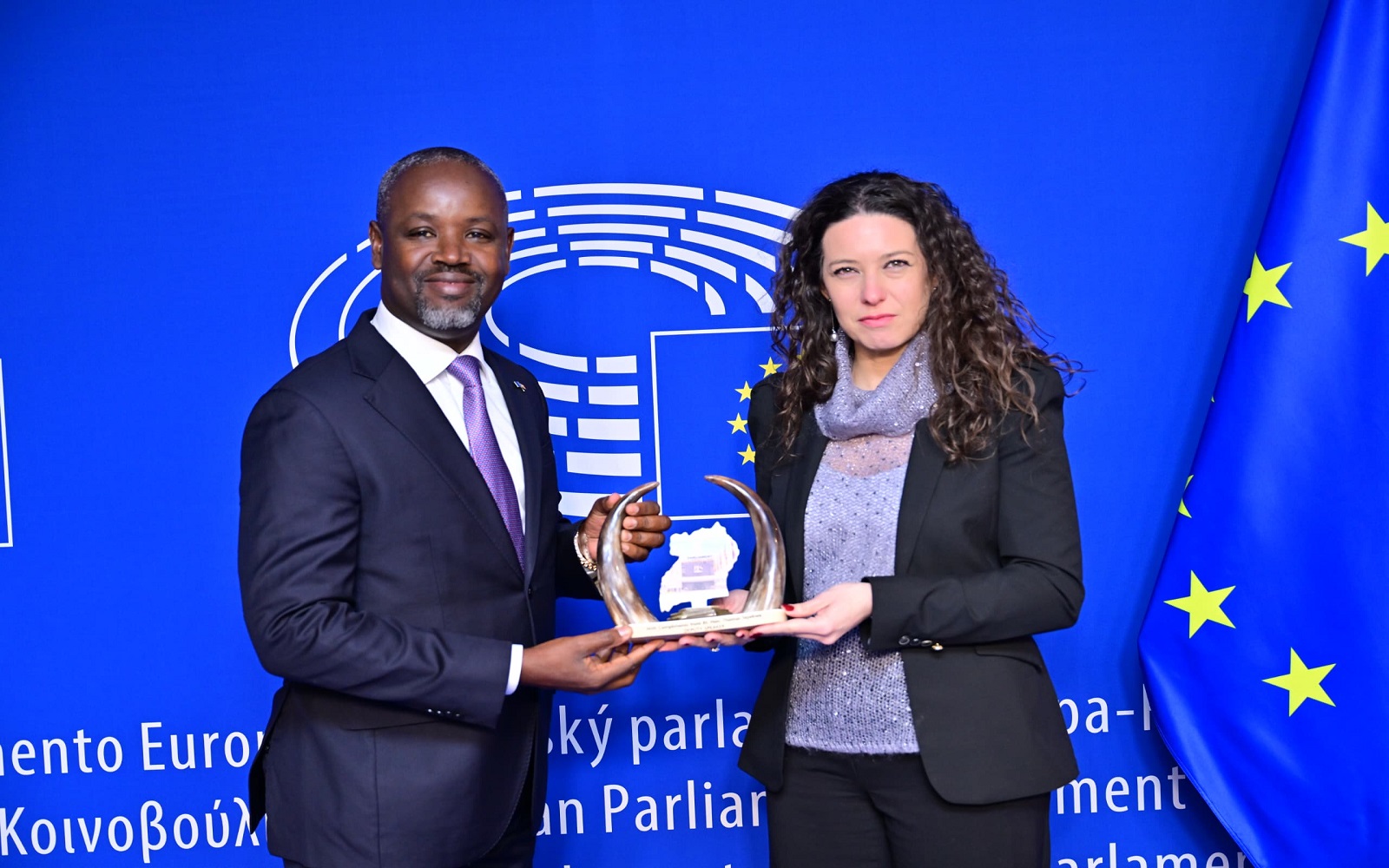KAMPALA, February 20, 2025 –– Deputy Speaker of Parliament, Thomas Tayebwa has urged the European Union [EU] Parliament to expedite the process of removing Uganda from its anti-money laundering and terrorism financing grey list.
According to a media statement, Tayebwa made the request on Wednesday while meeting the Deputy President of the EU Parliament, Antonella Sberna in Brussels, Belgium.
Over the years, Uganda has amended several laws to meet the delisting requirements.
The most recent amendment was the Anti-Money Laundering Act, which now excludes non-governmental organisations [NGOs], churches and other charitable organisations from the list of accountable entities.
“Parliament, for the first time, amended seven laws in two weeks because we were rushing to meet the requirements,” Tayebwa is quoted as telling Sberna.
While the EU Commission’s department overseeing anti-money laundering issues acknowledges that Uganda has met the necessary requirements, only the EU Parliament has the authority to officially delist the country. The EU considers the Financial Action Task Force’s [FATF] grey list when creating its own. Uganda was removed from the FATF grey list in February 2024 but remains on the EU’s list.
Uganda’s delisting requires the passage of a resolution by the EU Parliament. However, the resolution includes six countries, only four of which have met the delisting requirements.
“The European Union Commission has indicated its support for splitting the resolution so that the four compliant countries can be removed. We cannot continue paying for the sins of those who have not complied. However, we were informed that the European Parliament rejected this proposal,” Tayebwa is quoted as saying.
Tayebwa explained that being on the grey list negatively impacts trade and investment.
Uganda currently has a trade surplus with the EU, which stood at US$ 130.67 million in 2024.
He noted that during a recent meeting, EU investors and ambassadors told President Museveni that delisting Uganda would allow them to access cheaper and more attractive funding to invest in Uganda.
Otuke County MP, Paul Omara who is part of Tayebwa’s delegation to Brussels highlighted that Uganda’s presence on the grey list affects its credit rating by agencies making it harder to access credit from multilateral organisations and global banks. “Uganda will only be able to access credit at higher interest rates,” Omora is quoted in a statement as saying.
Uganda’s Ambassador to Belgium, Mirjam Blaak echoed similar concerns, stating that investors have repeatedly urged her to push for Uganda’s removal from anti-money laundering and terrorism financing grey list. “I have met companies interested in Uganda’s tourism sector, but they say, ‘banks refuse to provide guarantees because Uganda is still on the grey list,” she quoted as saying.
Tayebwa also called for further scrutiny of the European Union Deforestation Regulation [EUDR], a law designed to ensure that products entering EU markets such as coffee, cocoa, beef, and rubber among others do not contribute to deforestation anywhere in the world.
He stated that in Uganda and other developing countries, the law could disproportionately harm the poorest communities which produce products like coffee, and cocoa on smallholder farms. “This law will severely impact small-scale farmers in Uganda and Africa. Such non-tariff barriers will hit the poorest of the poor the hardest,” Tayebwa was further quoted.
Buy your copy of theCooperator magazine from one of our countrywide vending points or an e-copy on emag.thecooperator.news
